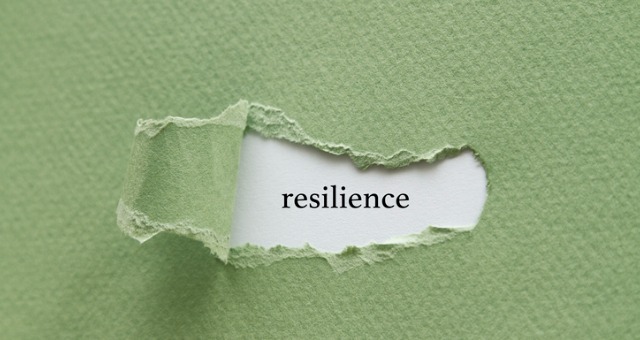Responding to the demands of remote teaching and assessment during COVID, instructors learned to adapt their practices and become more creative and flexible in their teaching and assessment. However, adapting is not enough if our mindset is still rooted in traditional teaching, learning, and assessment values and systems that do not serve our current students well, and that do not meet the demands of the context within which we now exist. We need to critically analyze how well our systems, values, and context intersect to be able to deliver effective education in this moment and moving forward. I believe we are having the wrong conversations and asking the wrong questions because of our current and traditional mindset, and a paradigm shift is in order. Why?
First, I’ve observed that our conversations often seem mis-focused. For example, recent disruptions at our university caused us to pivot once again to remote finals and predictably raised concerns about how to deter cheating. It seems to me that we are worried about the wrong issue. Shouldn’t we be asking whether our current systems of assessment effectively evaluate and support student learning (not gaming the system), and what alternative approaches would be more effective? Wouldn’t we be better served to develop ongoing, authentic learning experiences and assessments that form a more resilient system and offer an improved understanding of student learning.
Second, ongoing conversations about grade inflation as indicative of a decrease in academic rigor raise important issues about our mindset around learning assessment. Again, I believe we are asking the wrong questions. Better questions might include: Is a “one size fits all” learning assessment approach equitable? Do we know whether our assessments truly measure learning? Which learners are [might be] restricted from certain career paths by the mindset of a bell curve in grading? The illusion of grading precision and its connection to learning is problematic on many levels for learning and for equity.
Third, and possibly the biggest indicator that we need a complete re-thinking of traditional teaching and assessment are recent and rapid advances in artificial intelligence and the resulting implications for higher education. While the first two points about resilient systems and grade inflation could easily scapegoat STEM fields or exam-based fields as a major area for improvement, the humanities will be equally impacted by new AI advances and the widespread ability to produce sophisticated essays in seconds. We can spend an infinite amount of time combating these changes and worrying about academic honesty, or more productively work to develop more resilient and authentic learning and assessment systems.
Slowly tweaking our teaching and learning system is no longer adequate to ensure students are learning what we intend for them and what will prepare them for the world they are entering. A brick-and-mortar, one-size-fits-all mindset will no longer serve us or our increasingly diverse students. Our teaching and assessment methods can either develop students who will go out into the world and replicate inequitable systems or develop students who have the mindset and tools to change systems to be more equitable. The conversation must shift from traditional approaches to learning and assessment to what our students need to learn for the future and how we can create authentic and resilient approaches to foster that learning. So, let’s refocus our questions. A paradigm shift is necessary to build a more resilient educational system that serves our learners and the world, and I believe it is a matter of some urgency.
Annie Soisson, EdD, is the director of the Tufts University Center for the Enhancement of Learning and Teaching (CELT) and assistant professor of in the Department of Comparative Pathobiology at the Cummings School of Veterinary Medicine. Her areas of interest include organizational change, faculty teaching and leadership development, and equity and inclusion in teaching. She has worked in and consulted with a wide variety of higher education institutions over her career that inform her perspective on the future of higher education.






